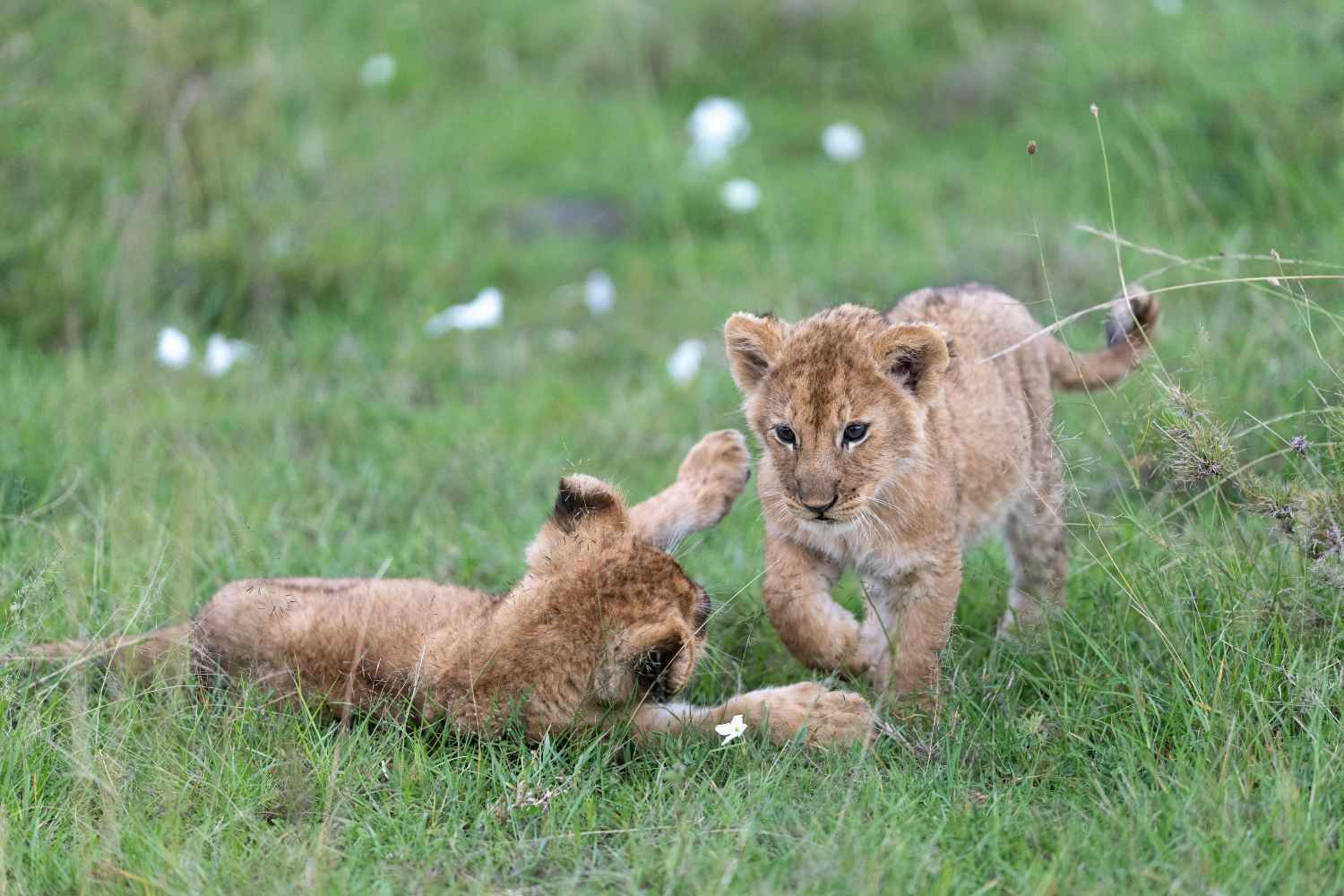Two newborn Asiatic lion cubs were euthanized at Cologne Zoo after their mother rejected them. The case highlights the ethical tensions of conservation in captivity.

@Hugo Sykes/Pexels
At the Cologne Zoo, early last week, two Asiatic lion cubs—a male and a female—were born. What should have been a moment of celebration quickly turned into a heartbreaking tragedy. Their lives were cut short before they even had a chance to grow.
The mother, Gina, a lioness already caring for a previous litter, refused to nurture the newborns. Despite the efforts of the zookeepers, and days spent trying to encourage maternal bonding, the two cubs—already in a fragile state—were euthanized to spare them from further suffering.
Maternal instinct doesn’t always follow our hopes
Even under round-the-clock monitoring, with medical care and isolation from older cubs, Gina remained interested only in her previous litter—three cubs born in January 2024—still dependent but clearly stronger and more established.
As painful as this sounds, Gina’s reaction was not seen as abnormal. In fact, it mirrored natural behavior. Feline mothers, in the wild or in captivity, instinctively invest their energy in the offspring most likely to survive. When resources—whether food, time, or attention—are limited, the mother chooses. Weak or premature litters often don’t make it, even in the wild.
“This is part of nature’s hard code,” one of the staff members explained. “It’s not cruelty—it’s instinct.”
Euthanasia and the ethics of human intervention
Once it was clear that Gina would not care for the newborns, zoo officials followed veterinary guidelines and conservation protocol. The decision to euthanize the cubs came in accordance with the European Endangered Species Programme for Asiatic lions—an initiative designed to preserve genetic diversity and ensure the well-being of the species in captivity.
What’s more, the team intentionally avoided hand-rearing the cubs. While bottle-feeding might sound like a humane solution, it carries long-term consequences. Animals raised by humans tend to form distorted attachments, struggle with social integration, and often can’t be reintroduced into stable pride structures. In short, they survive—but they don’t thrive.
The uncomfortable contradiction of zoos
This heartbreaking episode invites broader reflection on the paradox of breeding and raising wild animals in captivity. On one hand, zoos assert their role in species conservation, especially for critically endangered animals like the Asiatic lion, whose population in the wild numbers around 600 individuals. On the other hand, the controlled environment of a zoo can be so far removed from nature that animal instincts clash with artificial conditions.
Zoo officials at Cologne have called their decision “difficult but responsible.” Still, it hasn’t stopped public backlash. The moral discomfort around this story speaks to a deeper, lingering question: Can we truly replicate the wild behind fences and observation glass?
And if we can’t, what price are animals paying for our version of conservation?
Im Kölner Zoo sind Anfang vergangener Woche zwei Junge – ein männliches und ein weibliches – bei den Asiatischen Löwen…
Posted by Kölner Zoo on Monday, July 14, 2025
